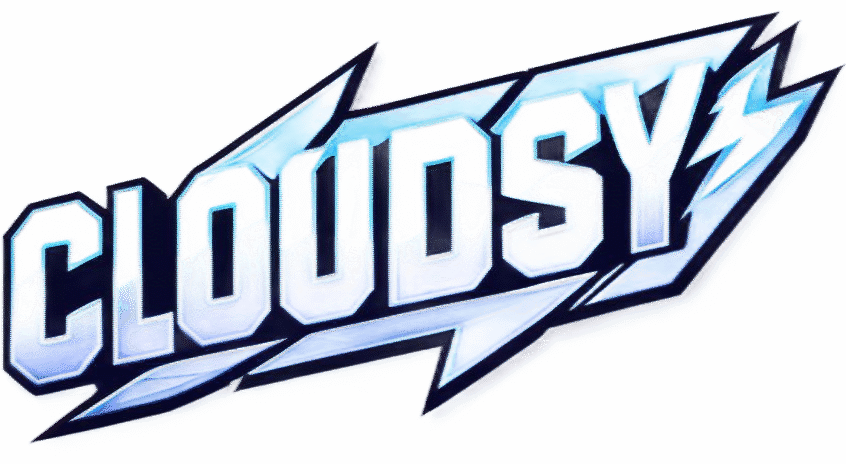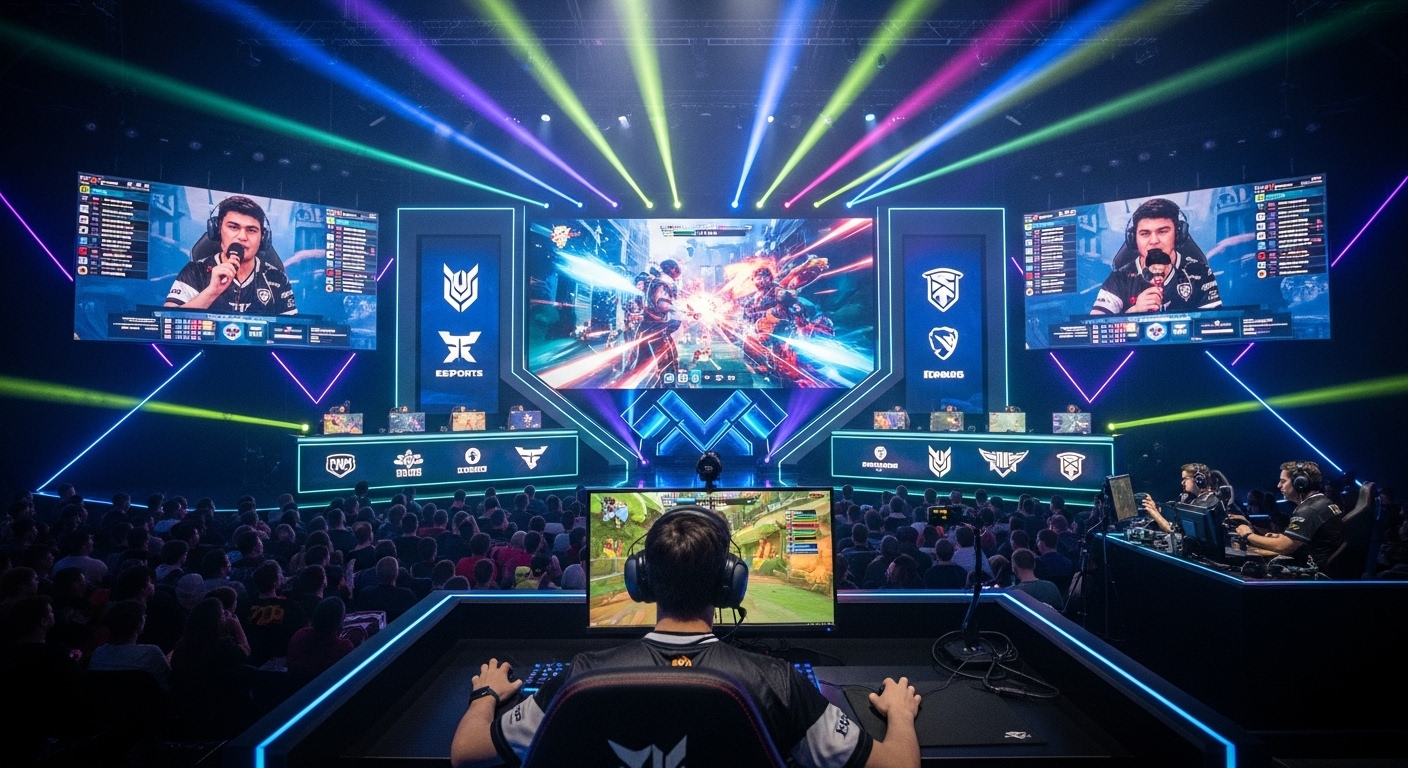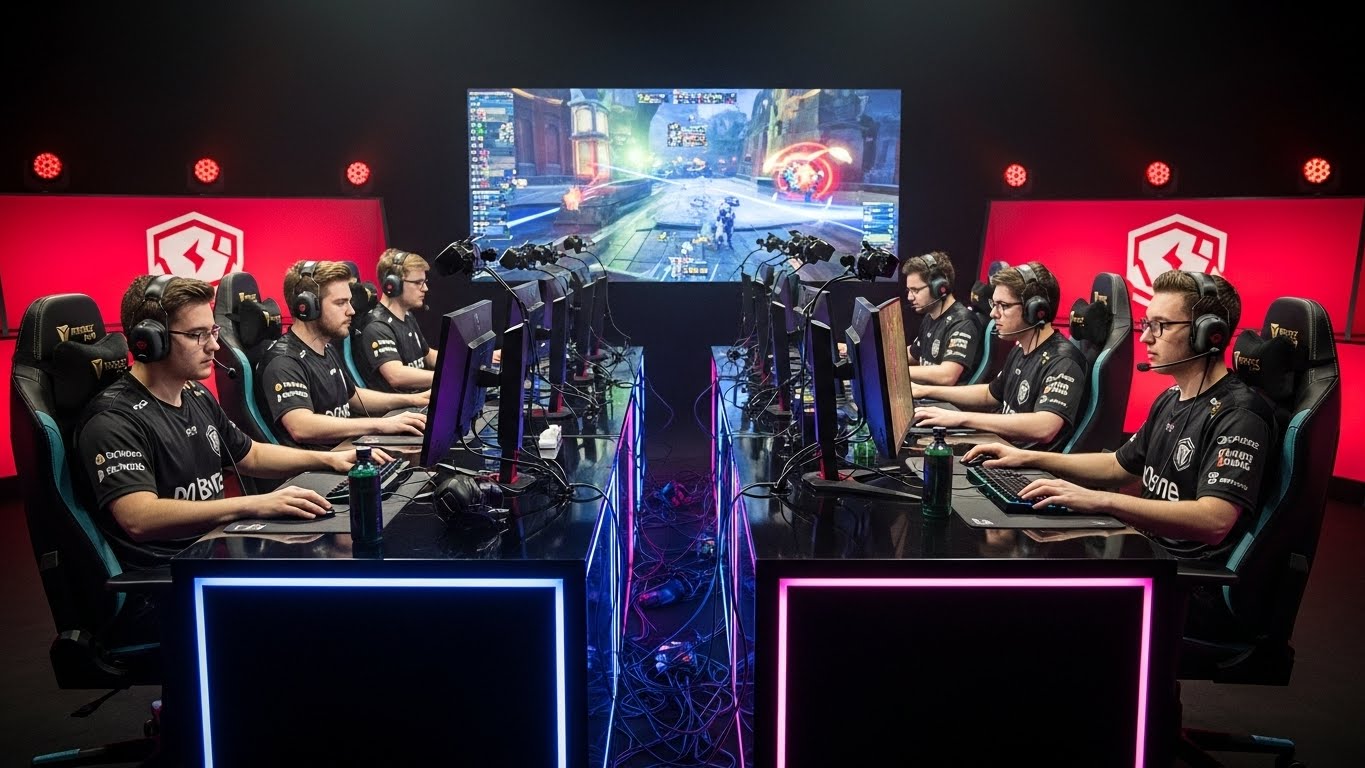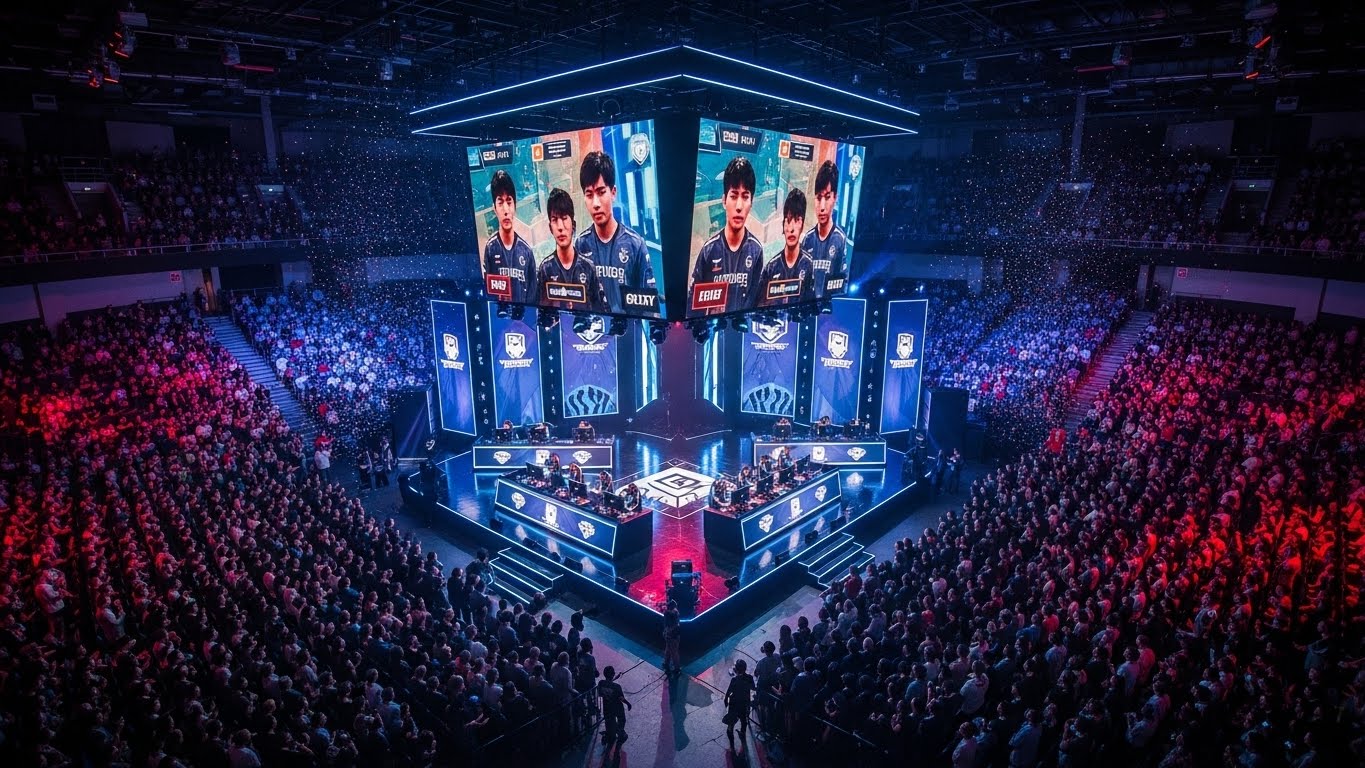Introduction to the Phenomenon of Esports
In the past few decades, the world of sports has undergone a remarkable transformation. Among the most significant revolutions has been the emergence of Esports, a domain where digital gaming meets professional-level competition. Esports, short for electronic sports, represents organized video gaming tournaments and leagues that mirror traditional sports structures but are played in virtual environments. What began as friendly matches among hobbyists has evolved into a global industry valued in billions, drawing millions of spectators, corporate sponsors, and dedicated athletes who train, strategize, and perform under immense pressure.
Esports is more than just gaming; it’s a fusion of technology, entertainment, strategy, and global community. It symbolizes how human competition has transcended physical boundaries, creating a new form of athleticism that thrives in the digital realm.
The Roots and Rise of Esports
The story of Esports began humbly in the late 20th century. In the 1970s and 1980s, video games such as Space Invaders and Pac-Man introduced the concept of high scores and competition. The first recorded gaming tournament was held at Stanford University in 1972 for the game Spacewar, marking the beginning of organized digital competition. However, Esports remained a niche activity for decades, confined largely to arcades and small community gatherings.
The 1990s and early 2000s brought a pivotal change. With the rise of personal computers, home consoles, and the internet, multiplayer gaming became accessible and interactive. Games like StarCraft, Counter-Strike, and Quake gave birth to professional tournaments and international competitions, particularly in countries such as South Korea, where gaming culture became deeply rooted. Televised Esports events, gaming cafés, and early sponsorships pushed the movement into the public eye.
By the 2010s, Esports had entered the mainstream. The rise of streaming platforms allowed millions to watch tournaments in real time. Titles like League of Legends, Dota 2, and Fortnite became not just games but global spectacles, with arenas packed full of fans cheering for their favorite teams.
The Professionalization of Esports
Today, Esports operates with the same professionalism as traditional sports. Players are signed to teams, receive salaries, and train under coaches. Organizations hire analysts, strategists, and physiotherapists to ensure peak performance. Tournaments are governed by rules, referees, and structured leagues, offering prize pools worth millions of dollars.
Many Esports athletes start young, often dedicating several hours daily to practice and analysis. They refine reflexes, communication, and teamwork just like conventional athletes. Training regimens can include not only game-specific drills but also physical fitness routines, mental resilience exercises, and strict dietary plans.
Coaches play a vital role in improving team synergy, reviewing gameplay footage, and creating strategies tailored to opponents. Analysts study trends, map control, and player habits, ensuring every move is optimized. The industry’s professionalism has brought legitimacy and respect to Esports as a genuine form of athletic pursuit.
Esports Titles That Defined the Industry
Certain games have been instrumental in shaping the Esports landscape. League of Legends, developed by Riot Games, stands as one of the most prominent. With massive global tournaments like the World Championship, it draws millions of live viewers annually. Its team-based structure emphasizes coordination, strategy, and adaptability.
Dota 2, developed by Valve, is another pillar. Known for its complexity and immense prize pools, especially at The International, it showcases the financial and technical depth of Esports. Similarly, Counter-Strike: Global Offensive revolutionized first-person shooters in competitive gaming, emphasizing teamwork and tactical precision.
Fortnite introduced a new dimension with its battle royale format, mixing creativity, building mechanics, and pop culture. Call of Duty, Overwatch, and Valorant have also carved strong competitive ecosystems, each offering unique mechanics and fan communities.
These titles are more than entertainment products; they are digital sports platforms with structured ecosystems of players, coaches, teams, sponsors, and fans.
The Role of Technology in Shaping Esports
Technology is the backbone of Esports. The development of high-performance gaming hardware, ultra-fast internet connections, and advanced streaming capabilities has made global competition seamless. Sophisticated gaming peripherals such as mechanical keyboards, precision mice, and ergonomic headsets enhance player control and comfort.
Streaming platforms have transformed Esports into a media spectacle. Fans from across continents can tune in live, interact with commentators, and even chat during matches. Artificial intelligence and data analytics are also revolutionizing Esports strategy, allowing teams to analyze player performance, detect patterns, and improve tactics.
Virtual reality and augmented reality hold future potential to bring immersive Esports experiences, where audiences can view games from within virtual environments, feeling as if they are part of the action.
Esports and the Global Audience
Esports viewership has exploded across all demographics. What once was considered a subculture has now become a mainstream entertainment form rivaling traditional sports. Major tournaments fill stadiums and arenas worldwide, from Seoul to New York. Millions more watch online from their devices, creating a global digital stadium that never sleeps.
Unlike traditional sports, Esports transcends geographical and cultural barriers. Players from different continents can compete in real time, and fans can connect through digital communities. Social media platforms amplify this connection, enabling players to interact directly with their followers, build personal brands, and foster loyalty.
This global engagement has also opened new markets for advertisers, merchandise, and event organizers, all contributing to Esports’ economic ecosystem.
The Business and Economics of Esports
Esports is not merely a hobby or entertainment medium—it is a thriving industry. Revenues come from sponsorships, advertising, media rights, ticket sales, and merchandise. Global brands from automotive, technology, energy drinks, and fashion industries invest heavily in Esports to reach younger, digitally savvy audiences.
Tournament organizers and publishers design lucrative leagues such as the Overwatch League and the Call of Duty League, modeled after traditional sports structures. Franchised teams represent cities and nations, bringing a sense of identity and competition similar to football or basketball.
The Esports economy has also given rise to new professions beyond players: event hosts, commentators, content creators, and data analysts. Education institutions now offer degrees in Esports management and game design, preparing students for careers in this fast-growing sector.
The Psychological and Physical Aspects of Esports
While Esports may not demand physical endurance like traditional sports, it requires immense mental and emotional strength. Players operate under high stress, often performing for hours with intense concentration. Reflexes, decision-making, and teamwork under pressure are critical.
Mental fatigue, burnout, and stress-related issues are real challenges in Esports. The industry is now emphasizing mental health awareness, providing players with psychologists and wellness programs. Additionally, maintaining physical fitness has proven beneficial. Exercise improves reflexes, focus, and overall well-being.
Professional Esports athletes follow structured daily routines involving physical training, balanced diets, and sufficient rest to sustain their competitive edge. The combination of mental and physical discipline underlines that Esports athletes are true professionals.
Education and Esports Integration
The academic world has recognized Esports as a legitimate and valuable discipline. Schools and universities have started incorporating Esports programs, offering scholarships and degrees related to gaming, event management, and digital media. Students not only learn the mechanics of gaming but also explore fields such as marketing, psychology, and computer science through Esports contexts.
University Esports leagues serve as training grounds for future professionals, helping them build teamwork, leadership, and communication skills. These educational integrations are fostering an ecosystem that supports Esports as both a career path and a learning experience.
Esports and Cultural Influence
Esports has reshaped modern culture, influencing music, fashion, and entertainment. Top players and teams have become celebrities, collaborating with brands and musicians. Gaming-themed merchandise, apparel, and even virtual concerts are becoming mainstream.
Esports has also influenced social behavior. It has created online communities where people share passion, creativity, and friendship. Streaming personalities and professional gamers inspire millions to pursue their passions. This sense of belonging and global connection defines the cultural power of Esports.
The Challenges Facing Esports
Despite its success, Esports faces several challenges. Player burnout, lack of standardized regulations, and disparities between regions remain concerns. Some critics argue that the industry’s growth has outpaced its infrastructure, leading to issues of sustainability and fair player compensation.
Cheating, match-fixing, and toxicity within gaming communities are ongoing challenges that require robust governance. Maintaining the integrity of competition is crucial for Esports’ credibility. Additionally, as the industry grows, it must balance commercial interests with the well-being of players and fans.
The Future of Esports
Looking ahead, Esports shows no signs of slowing down. The fusion of emerging technologies, increasing global connectivity, and cultural acceptance ensures continuous growth. Virtual reality and artificial intelligence will likely redefine how games are played and watched.
We may soon see Esports integrated into global sporting events, potentially as Olympic competitions. Governments and organizations worldwide are beginning to recognize the potential of Esports as both an entertainment industry and a technological innovation driver.
As younger generations grow up immersed in digital environments, Esports will remain a central element of modern entertainment and culture. Its future will be shaped by innovation, inclusivity, and community.
Conclusion: A New Chapter in Human Competition
Esports represents the evolution of human competition in the digital age. It combines skill, intelligence, creativity, and teamwork in a way that transcends physical limitations. What once was a pastime for a few has become a worldwide phenomenon uniting millions through shared excitement and achievement.
The beauty of Esports lies in its universality. Anyone with a device and determination can aspire to compete on the global stage. It celebrates diversity, technology, and the human spirit’s endless drive to challenge limits.
As we move forward, Esports will continue to redefine entertainment, sportsmanship, and global connection. It is not just the future of gaming—it is the future of competition itself.



